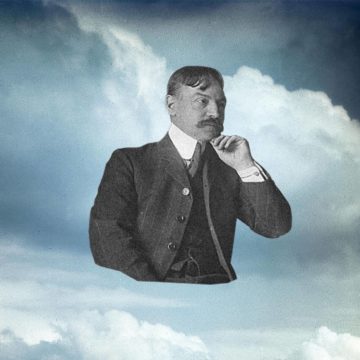Mark Lilla in Tablet:
 Certain books never live up to their memorable titles. Others do, but not in the way their authors might have anticipated. Julien Benda’s The Treason of the Intellectuals, an essential intervention in 20th-century debates about intellectual responsibility, is the second sort of book. Cast into the agitated waters of European politics between the two world wars, it still floats ashore every decade or so, attracting readers with its stirring call to the independent life of the mind, free from the lures of power and authority. It is essential reading. Ever since the book’s publication in 1927, its argument has been taken up by writers of very different political stripes in very different historical circumstances. In the 1930s communist intellectuals denounced their fascist counterparts as traitors to the truth; liberals levied the same charge against communists and fellow travelers during the Cold War, only to find themselves then put in the dock by progressives and neoconservatives and now populists. Treason is one of those books that serve both as a lens for discerning the present and a mirror reflecting the image of those who appeal to it.
Certain books never live up to their memorable titles. Others do, but not in the way their authors might have anticipated. Julien Benda’s The Treason of the Intellectuals, an essential intervention in 20th-century debates about intellectual responsibility, is the second sort of book. Cast into the agitated waters of European politics between the two world wars, it still floats ashore every decade or so, attracting readers with its stirring call to the independent life of the mind, free from the lures of power and authority. It is essential reading. Ever since the book’s publication in 1927, its argument has been taken up by writers of very different political stripes in very different historical circumstances. In the 1930s communist intellectuals denounced their fascist counterparts as traitors to the truth; liberals levied the same charge against communists and fellow travelers during the Cold War, only to find themselves then put in the dock by progressives and neoconservatives and now populists. Treason is one of those books that serve both as a lens for discerning the present and a mirror reflecting the image of those who appeal to it.
